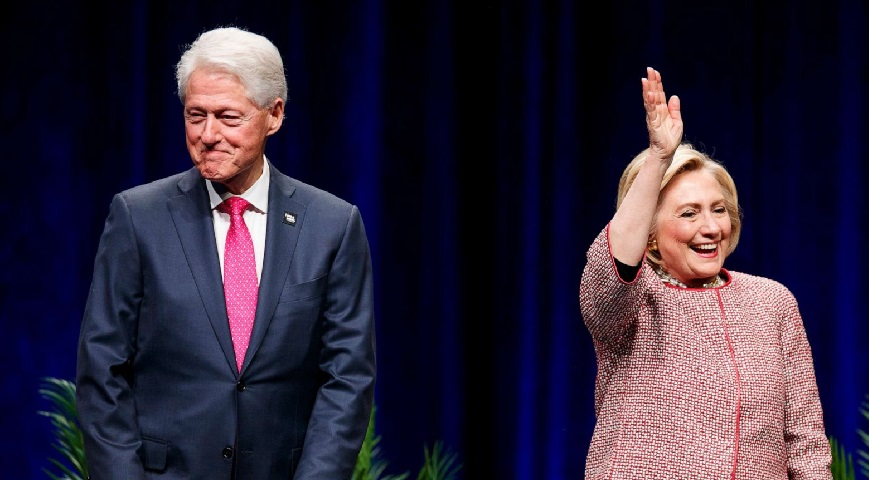Biden's allies firmly states that President Biden is determined to stay in the competition. Biden, his White House, and his re-election team have repeatedly affirmed his commitment to running.
However, an internal coup stems from concerns that Biden, following a disastrous debate performance, cannot defeat Donald Trump in November. Additionally, it revives long-standing tensions between Obama, the Clintons, and Biden, who have a complex history of collaboration and rivalry.
As Biden remains steadfast and the dissent grows louder, the interparty conflict shows no signs of abating, with machiavellian plots and twists continuing to unfold. Democratic strategist Jim Manley expressed the urgency of the situation, saying, "Something's got to give because we're in hell right now."
Biden has made it clear that he will only drop out of the race if his team tells him there is no chance of winning. In a recent press conference, he reiterated this stance, underscoring his determination to remain a candidate.
The rebellion, dubbed the "unofficial Committee to Unelect the President," focuses on showing Biden the reality of his slim chances of victory through poll numbers and financial pressure. Obama's former campaign manager, David Axelrod, has been vocal about his skepticism regarding Biden's re-election prospects, highlighting the age issue as a significant concern.
Did you read this?
Despite the rebellion's efforts, Biden's re-election team argues that there is still a path to victory, particularly through key states like Michigan, Wisconsin, and Pennsylvania. Biden campaign chair Jen O'Malley Dillon reassured staff that they can weather the current storm, emphasizing that public polls still indicate a close race.
Former Obama aide Tommy Vietor dismissed the coup rumors as inaccurate, labeling them a conspiracy theory. Nonetheless, the chatter continues, with many believing that the Democratic Party would be better served with someone other than Biden at the helm.
The pressure on Biden to step aside is mounting, with major Democratic donors withholding millions in pledged donations. Some believe that the combined influence of key party figures like Obama, the Clintons, Pelosi, and Chuck Schumer could persuade Biden to reconsider his candidacy.
However, Biden's competitive history with Obama and Clinton complicates matters. Biden still harbors resentment over the 2016 election when Obama encouraged him not to run, clearing the way for Clinton, who ultimately lost to Trump. Meanwhile, Obama is frustrated that Biden has achieved legislative successes he could not, and Clinton is bitter about Biden defeating Trump.
As the rebellion grows, the best chance to convince Biden to step down may lie with Schumer and Pelosi. If they can convey the concerns of Democratic lawmakers about losing re-election with Biden at the top of the ticket, it might prompt the President to reconsider.
Pelosi, known for her influence and straightforward approach, has been central to these discussions. She has publicly urged Biden to make a decision about his candidacy soon, highlighting the urgency of the situation.
With Biden's future in the balance, the Democratic Party faces a critical juncture. The coming days will be crucial in determining whether Biden can weather this internal storm or if the pressure will ultimately lead to a change in the party's presidential candidate.









